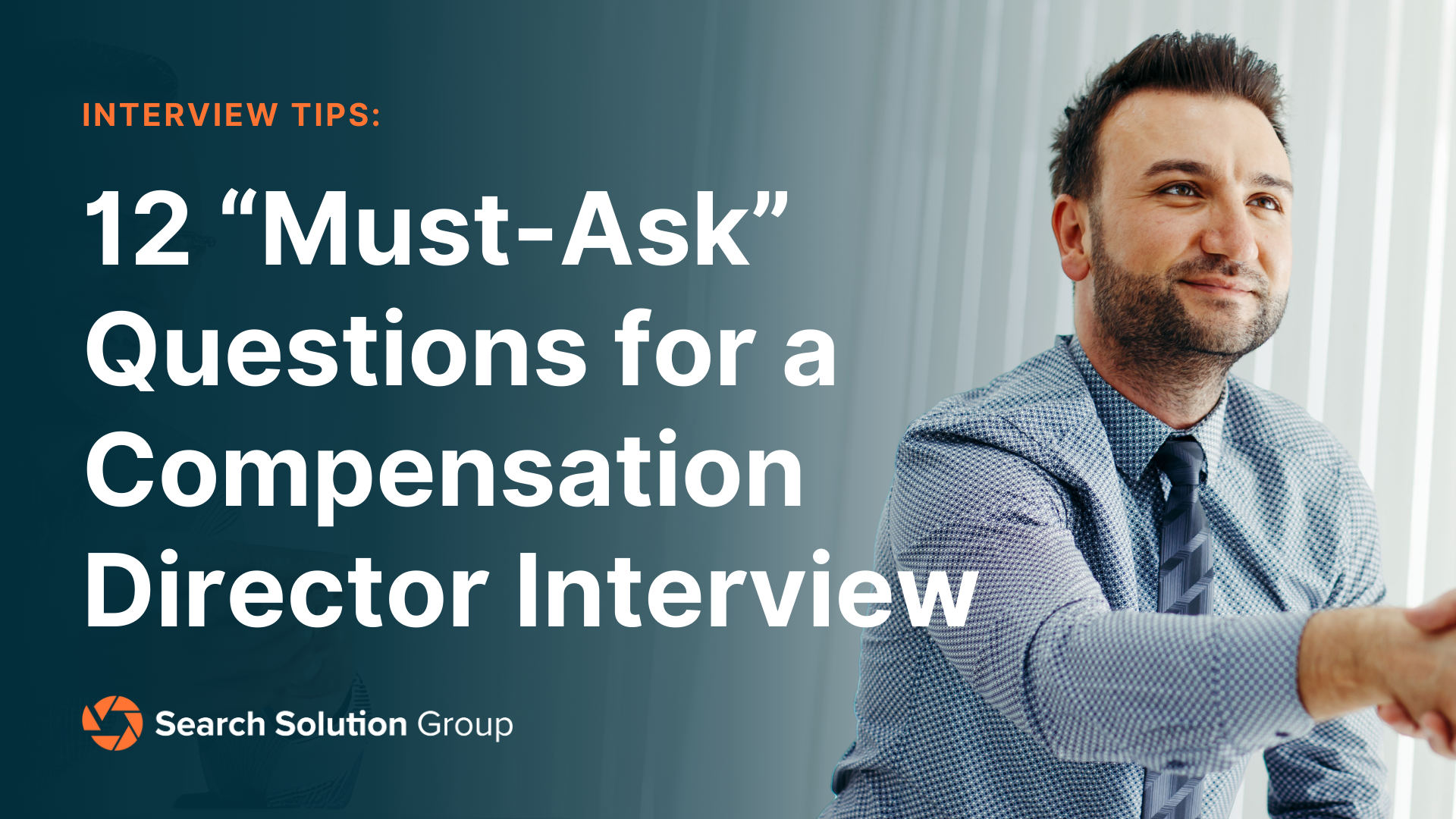An interview should never feel like an interrogation. By turning an interview into a conversation, the candidate is much more likely to make a connection with a hiring manager that leads to a hire. Follow these 8 strategies to transform the Q&A session into a productive conversation about your start date!
1. Take Time To Break The Ice
Small talk is an essential stage when building rapport. Rushing through this is a mistake and will likely result in the interview quickly moving towards a rigid Q&A session. This is a chance for the hiring manager to see personality traits and hopefully relate to the candidate so take advantage of this time.
2. Be Optimistic
People generally enjoy conversation with those who are pleasant to speak with. Showing optimism and positivity throughout the conversation will let the interviewer enjoy the conversation and potentially want to work together in the future.
3. Do Research & Use It.
It is extremely important to research the company before an interview, but it is equally important to use that information during the interview. Not only will this show the process is being taken seriously but it will also allow the conversation to be more in depth and productive.
4. Let the Hiring Manager Talk
As a general rule, the more the hiring manager speaks the better, so use the time they are talking to pick up on subtle points they may be intentionally or even unintentionally making. This will almost always be useful later in the conversation. Listening is a forgotten art-form that can give a candidate a big edge over the competition.
5. Humanize Yourself
While it is important to be as professional as possible, unnecessarily elevating the formality of the conversation is distracting and ultimately prevents the hiring manager from relating to the candidate. Candidates often forget to personalize their answers and give real examples when answering questions. If the interviewer can picture the candidate in the role they are much more likely to get the position, so help the hiring manager picture who they would be working with.
6. Answer Correctly
It is okay to take the time to answer the tough questions. If a question is out of the ordinary, take the necessary time think about the scenario and to give your best opinion. It is also important to explain the thought process behind the position – sometimes the why is more important than the answer. It is also better to say “I’m not certain” than to confidently blurt out something that is clearly incorrect. Many hiring managers ask difficult probing questions until the candidate is unable to answer in an attempt to find the candidates limits, so don’t worry too much if this happens.
7. Ask Questions Throughout the Interview
Asking questions throughout the interview that will engage the hiring manager in a conversation and curb the tendency for the interview to turn into an interrogation. Great ideas and conversations come from the art of asking questions. Dale Carnegie said it best “Ask questions that other persons will enjoy answering”
8. Set The Stage
Candidates should take the opportunity to discuss hypothetical situations during the conversation and ask questions from the perspective of working with the interviewer. If the hiring manager is subconsciously thinking of what it would be like to work with the candidate 3 months from now, they may have already made their decision!





